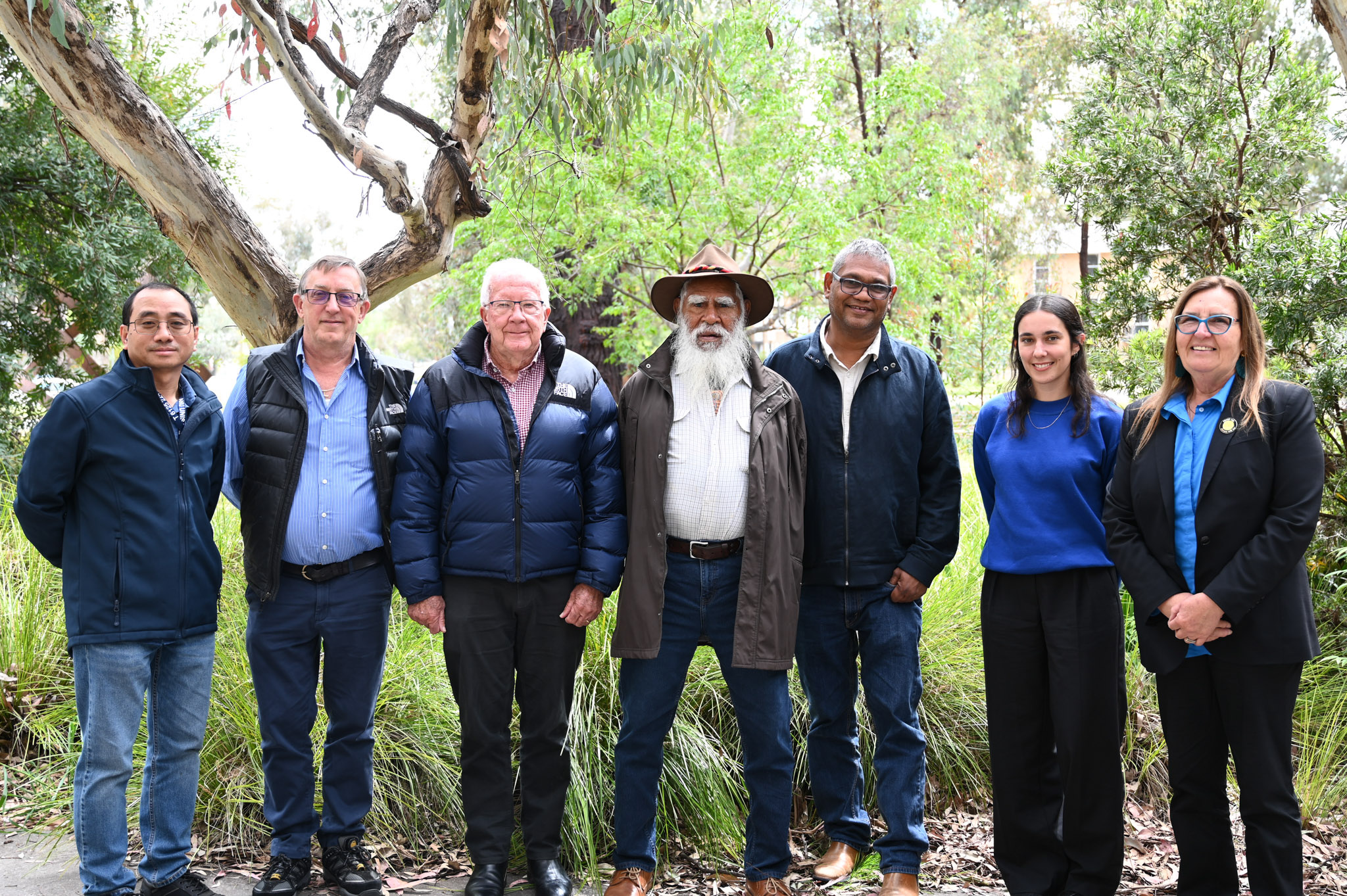News release
From:
Kimberley Aboriginal leaders, renowned scientists and researchers in traditional bush medicine – a network that has huge potential for the Australian economy – are among an impressive lineup of speakers and panelists for the November 11-12 event.
Being held by the National Institute of Complementary Medicine (NICM) Health Research Institute, Western Sydney University, and in collaboration with Australian National University (ANU), the symposium marks a significant step forward in advancing health through Australian traditional medicines. It will importantly bring together the First Peoples of Australia, policymakers, regulators, academics, and researchers to explore pathways that embrace the potential of Australian traditional medicines and foster strong partnerships and collaborations.
Co-chair Dr Virginia Marshall, a Research Fellow at ANU’s School of Regulation and Global Governance, is a Wiradjuri Nyemba lawyer and expert in intellectual property around traditional knowledge and Indigenous governance who will deliver key presentations at the event. Leading an Australian Research Council (ARC) Discovery Indigenous grant project titled Barriers and pathways to development of Indigenous traditional medicines, Dr Marshall says it’s imperative people understand why we need to make advances in this space.
“The benefits we will see from such work is the ability to access medicines that are, at their source, Indigenous plants,” she says.
“That will also feed into Aboriginal and Torres Strait Islander Peoples leading in this space and partnering with like-minded people who want them to be more than simply in the supply chain”.
Currently major manufacturers can take traditional knowledge away, commercialise and profit from it, making communities reluctant to share their knowledge without proper protections in place. Co-chair Professor Dennis Chang, NICM Director, says modern scientific research is now catching up to traditional knowledge, providing some empirical evidence of the health benefits of native remedies.
“The traditional use of Australian native plants and foods as medicine by Indigenous communities is a testament to their profound understanding of the natural environment and its healing properties,” he says.
“We want to ensure this Australian first event fosters strong partnerships and collaborations that will bridge the gap between traditional knowledge and contemporary scientific research that will ultimately change and make real impact on the world.”
Dr Marshall’s research is governed by an agreement between ANU, Deakin and Griffith Universities and the Kimberley Land Council. Nyikina Mangala senior Elder and traditional knowledge holder John Watson and renowned natural products chemist Professor Ron Quinn, of Griffith University, are set to present at the inaugural symposium.
This follows their win of the prestigious ATSE Traditional Knowledge Innovation Award in October last year, presented by the Australian Academy of Technological Sciences and Engineering for their research on the traditional analgesic medicine known to the Nyikina Mangala people as ‘mudjala’. The award recognised the research partnership between the Aboriginal knowledge holders and Griffith University that began 35 years ago and is now continuing through the collaborative ARC research partnership.
The symposium will feature Indigenous presenters from around Australia and overseas, including Professor Sheryl Lightfoot, professor in Political Science, First Nations and Indigenous Studies at the University of British Columbia. Professor Lightfoot is a leading expert on global Indigenous politics and the UN Declaration on the Rights of Indigenous Peoples (UNDRIP), who is current Chair of the UN Expert Mechanism on the Rights of Indigenous Peoples (EMRIP).



 Australia; NSW; ACT
Australia; NSW; ACT


